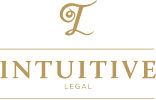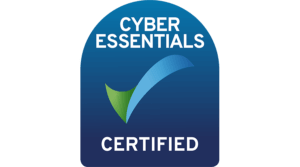Welcome to the first instalment of our short blog series, discussing all things AML and dissecting the LSAG AML Guidance document! 🔎
Money laundering is the practice of disguising illegally obtained funds as legitimate income, and criminals use a wide range of vessels and methods in order to do this; the illegally obtained money may have come from criminal activities such as theft, bribery, corruption, narcotics and human trafficking. Law firms are especially at risk of being targeted by potential money launderers due to the large sums of money that are handled by firms, and the confidential nature of the profession. 💷
This area of law is mainly governed by the Proceeds of Crime Act 2002, the Terrorism Act 2000 and the Money Laundering, Terrorist Financing and Transfer of Funds 2017, along with a range of other regulations and directives. The law sets out a range of ‘qualifying activities’ that will cause a firm to come under the scope of these regulations, so it is essential to check whether your firm and its service areas are affected. This includes independent legal professionals undertaking legal services in relation to financial or property transactions, such as buying and selling property or businesses entities, creating and managing trusts, managing client money or advising and assisting with tax related matters. For a full breakdown of activities that fall within the AML scope, please see the SRA guidance here 👉https://lnkd.in/esFmDnhw.
Law firms who undertake any of the listed ‘qualifying activities’ (and therefore come under the scope of the Regulations) must be able to demonstrate that they are taking a risk based approach to the threat of money laundering within their business, as well as conducting a range of checks and procedures in order to satisfy this requirement. A wide range of principles must be addressed to ensure that the firm is complying fully with the Regulations. These principles include;
- AML governance within the firm
- Practice wide risk assessments
- Matter level risk assessments
- Policies, controls and procedures
- Client due diligence
- Suspicious Activity Reporting
- Technology
- Training
- Internal controls
- Record keeping
As we work our way through this AML blog series we will address each of these key principles, giving you practical guidance, advice, and a better understanding of what is required of you and your firm. If you have any specific questions or require more detailed advice on any AML matters, please do not hesitate to contact us. 📧


